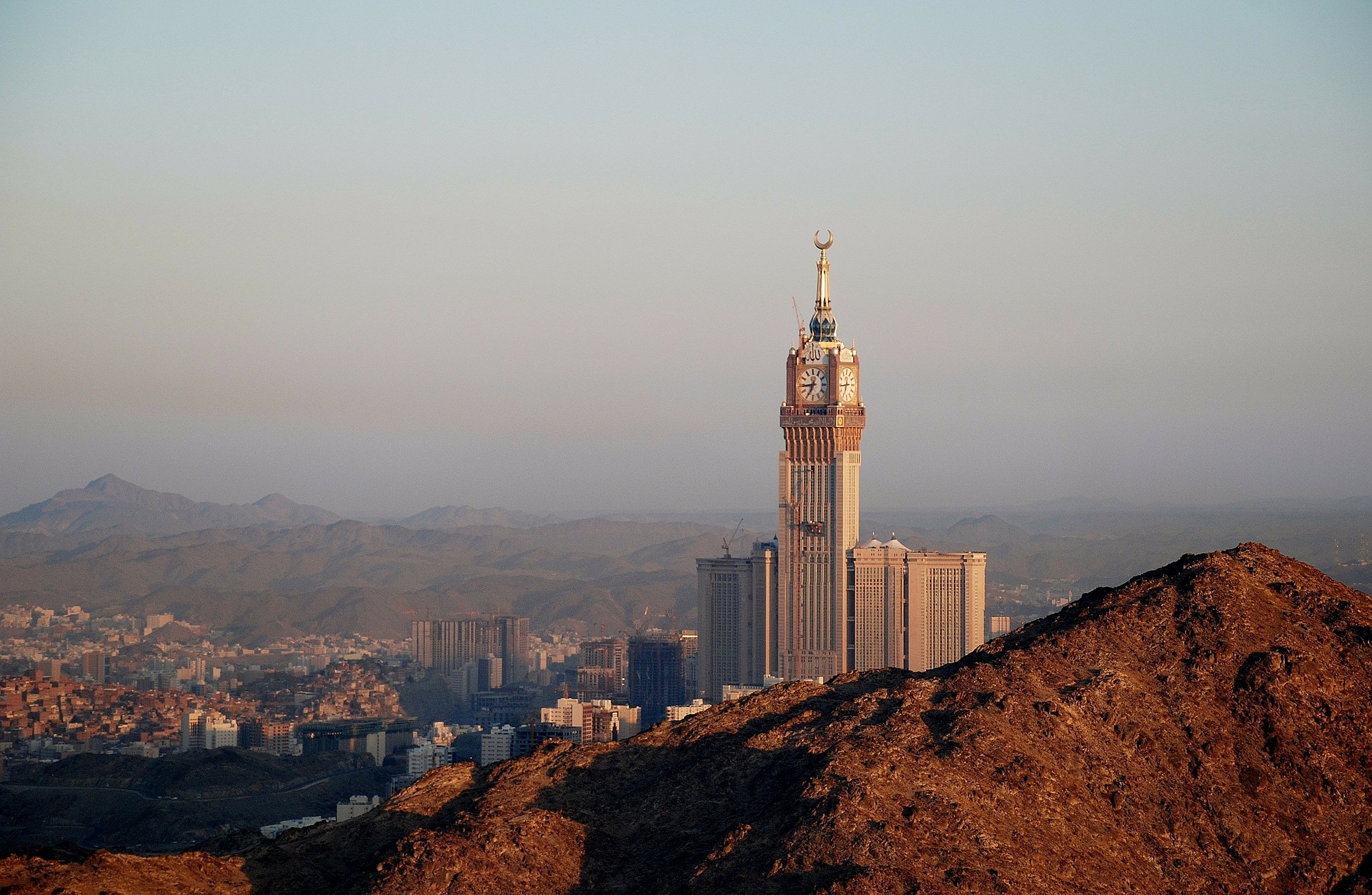In among the spin, spiel and global political debate that surrounded the Saudi Aramco IPO, one clear indicator of the likelihood that the share issuance would remain a largely local concern was evident from the flows out of the three existing Saudi ETFs in the three months leading up to the float.
Much of the commentary around the Aramco public flotation centred on the understandable worries around the valuation of the company and the politics around an issuance that was loaded with political significance.
The two were clearly related and they added to the sense of nervousness that clearly affected country ETF flows when we look at what happened with the HSBC MSCI Saudi Arabia 20/35CAP UCITs ETF, the Invesco MSCI Saudi Arabia ETF and the iShares MSCI Saudi Arabia CPD ETF in the autumn.
Chart: Flows in Saudi ETFs

Source: Morningstar
Kenneth Lamont, ETF analyst at Morningstar, argues “the shape and price of the IPO” would impact investors in Saudi ETFs for the obvious reason that as the putative ‘largest company in the world’ by market cap, Aramco will become the biggest holding within the MSCI Saudi Arabia 20/35 index.
However, far from being enthused, the imminent inclusion of Aramco is having the opposite effect on investors. “If we look at flows into these products it looks like European investors were playing the MSCI EM inclusion (finished in August) rather than the Aramco IPO,” he says.
The original decision on the part of MSCI to include Saudi Arabia in its emerging market index ahead of the Aramco event didn’t come without its controversies. Top of the list was the already apparent heavy skew towards financial and materials, both correlated to the price of oil. The other main fear was liquidity.
However, Mark Northway, investment manager at Sparrows Capital, identifies a further issue – that is, what owning a lot of oil-related stocks does in terms of ESG ratings.
"The Aramco offering is a classic example of the issues faced by passive investors in emerging market ETFs," he says. "Given the increasing focus by both investors and regulators on environmental considerations, automatic investment into the company will be problematic for some investors."
He says holders of Saudi-specific ETFs are likely to be "inured to such consideration". But this will be more of a concern to holders of "generic EM ETFs" and may "accelerate the migration of investors into vehicles with a clear emphasis on social responsibility".
Northway points out that – by rights – the inclusion of Saudi Arabia in the emerging market indices should have guaranteed a degree of demand for the IPO at the offer price, which may or may not be true. But what it certainly does is point to the political nature of some of the decisions being made when it comes to country inclusion in EM indexes.
Saudi Arabia ETFs suffer outflows amid credit downgrade
“As we have seen with China, the process of adding large countries and their flagship issuers to the major EM indices is problematic and lumpy, and can result in substantial un-commanded changes in portfolio composition for ETF investors,” Northway comments. “This comes on top of considerations over market inefficiencies, rule of law, regulation, investor protections and governance practices.”
He concludes that the issues raised by index investing in inefficient emerging market or frontier markets mean that rules-based approaches to such markets “may not be appropriate for all investors.”
The Saudi Aramco battle is all but done and dusted as the company and its advisers manage and cajole to – finally – get the IPO over the line, but the issues raised by index decisions over EM or frontier inclusion are set to rumble on like the seismograph of an as-yet-untapped oil well.


